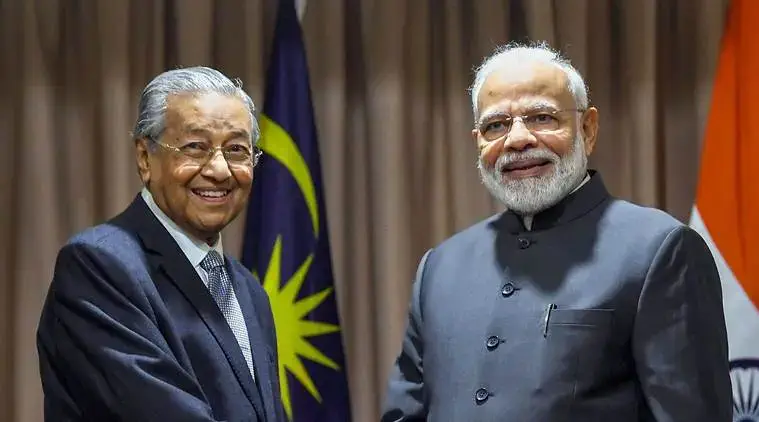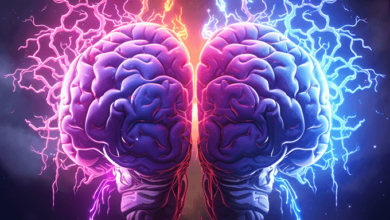
During a recent joint press conference, Prime Minister Narendra Modi and Malaysian Prime Minister Dato’ Seri Anwar bin Ibrahim underscored the growing potential of the India-Malaysia relationship, particularly in emerging technologies.
The two leaders marked a significant step in strengthening bilateral ties by signing several Memorandums of Understanding (MoUs) and agreements at Hyderabad House in Delhi.
In his address, Prime Minister Modi highlighted the vast opportunities for collaboration in areas such as fintech, semiconductors, artificial intelligence (AI), and quantum computing.
One of the standout announcements was the plan to integrate India’s Unified Payments Interface (UPI) with Malaysia’s PayNet, a move set to transform digital payments between the nations.
Modi emphasized the need to enhance cooperation in new technology sectors, stating, “We have more potential in our relationship. We must increase our cooperation in fintech, semiconductors, AI, and quantum. We will work on integrating India’s UPI with Malaysia’s PayNet.”
Indian fintech companies have already made significant strides in Malaysia’s digital payments sector. Notably, Razorpay’s acquisition of Malaysian payment solutions provider Curlec, now rebranded as ‘Curlec by Razorpay,’ has expanded its reach to over 700 Malaysian businesses, including major names like Tune Protect and Mary Kay.
Curlec’s involvement in DuitNow, Malaysia’s real-time payment system akin to UPI, reflects its role in advancing cashless transactions in the region.
Modi announced plans for scholarships for Malaysian students and training programs for Malaysian government officials under the Indian Technical and Economic Cooperation (ITEC) program, with 100 seats reserved for advanced courses in cybersecurity and AI.
Additionally, cultural ties will be strengthened with the establishment of an Ayurveda Chair at Malaysia’s University Tunku Abdul Rahman and a Thiruvalluvar Chair at another Malaysian university.
The initiatives reflect the deepening partnership between India and Malaysia, with both leaders expressing optimism about the future of their collaboration.



